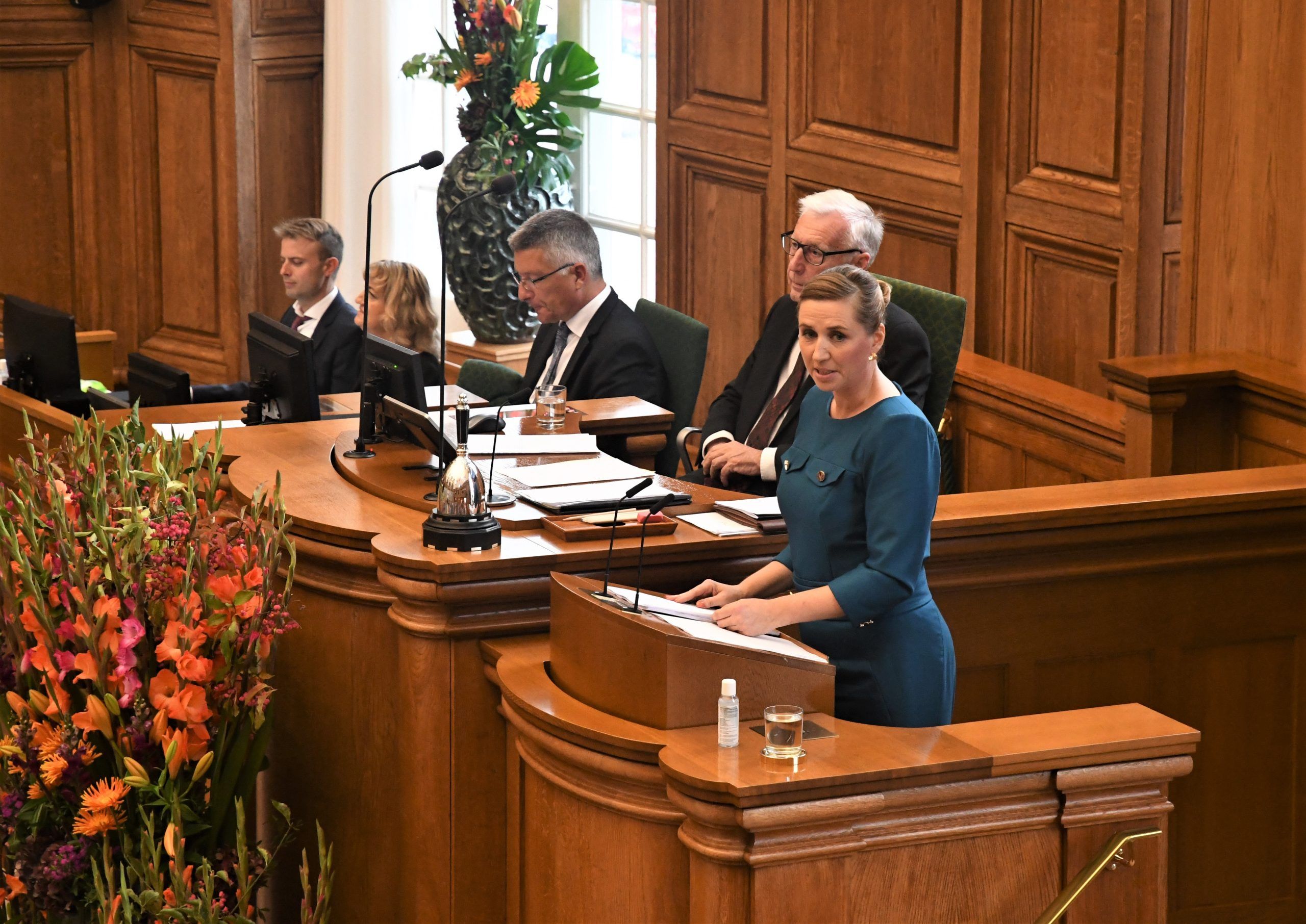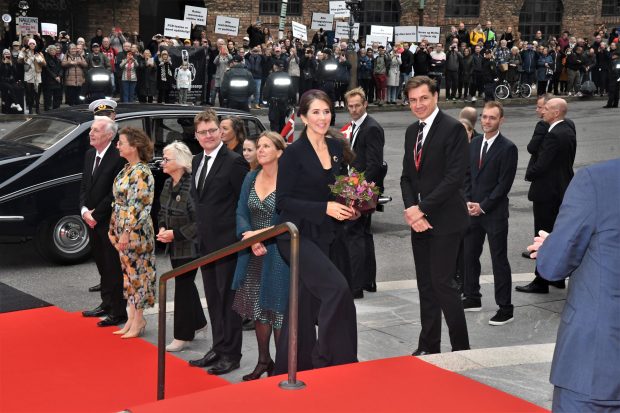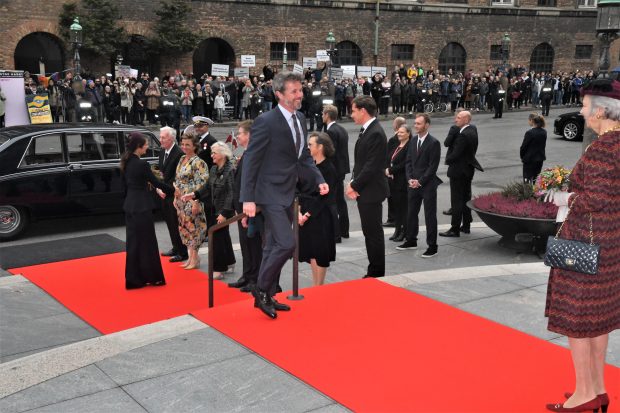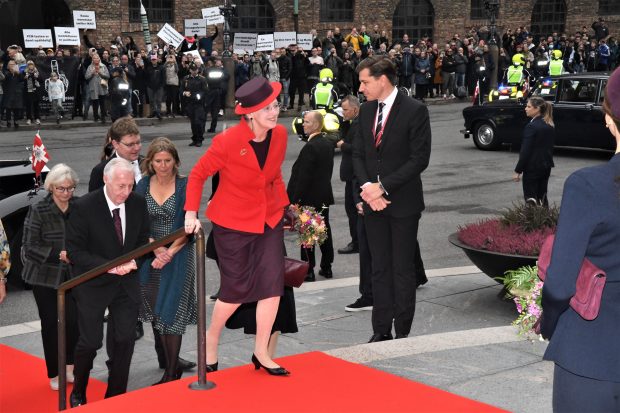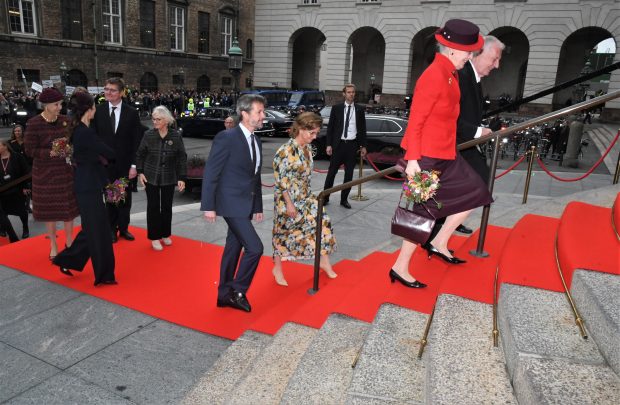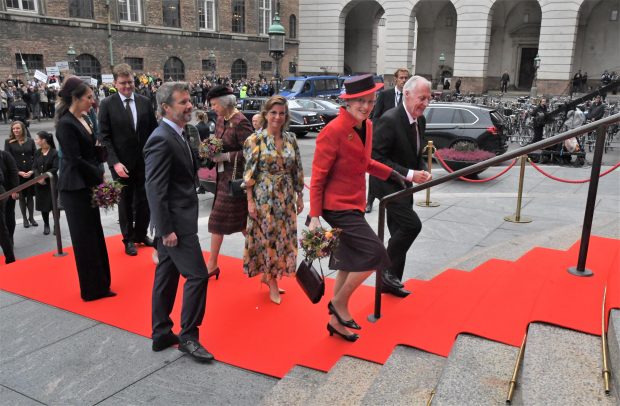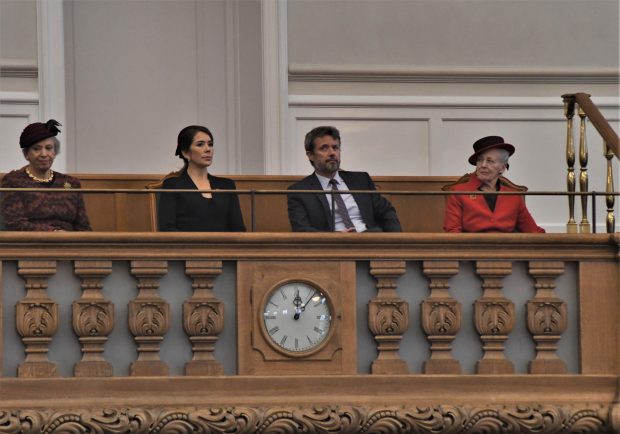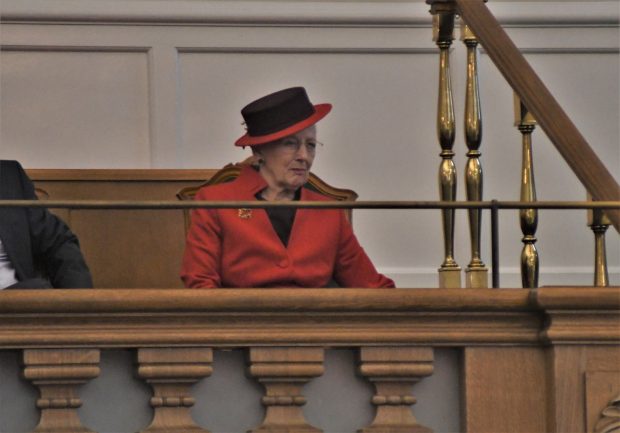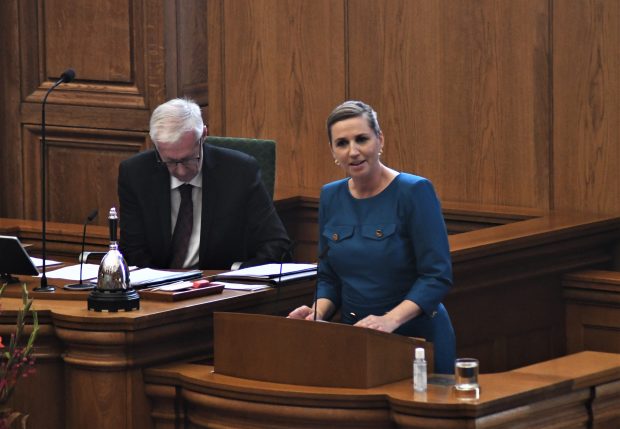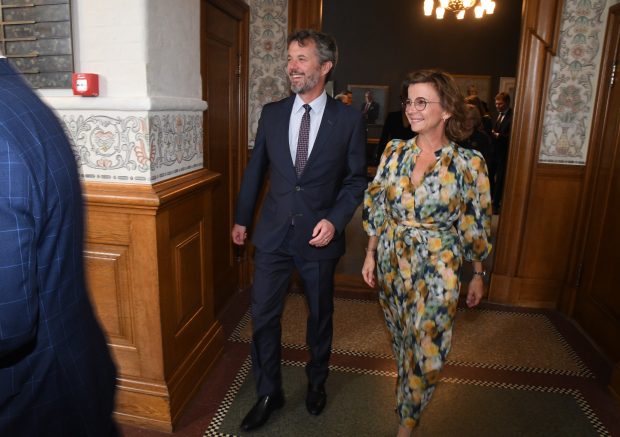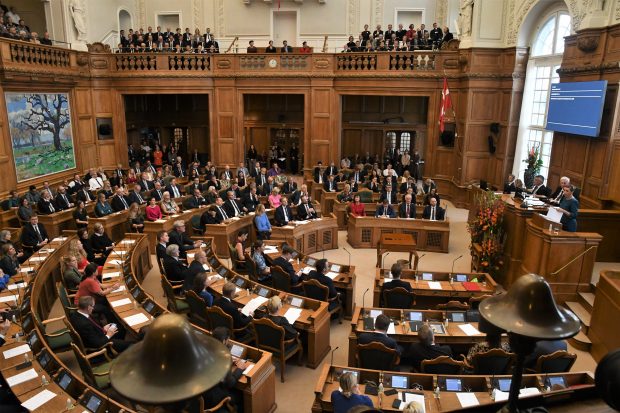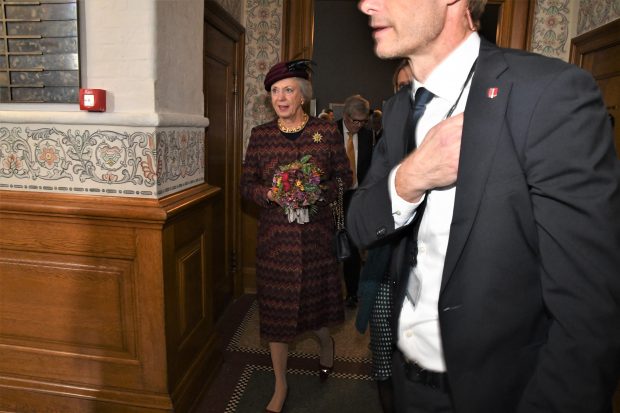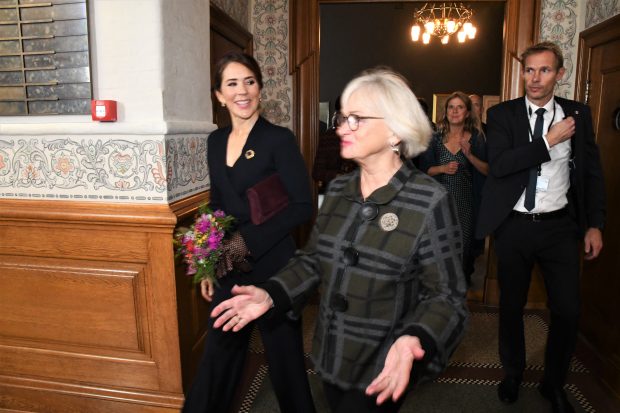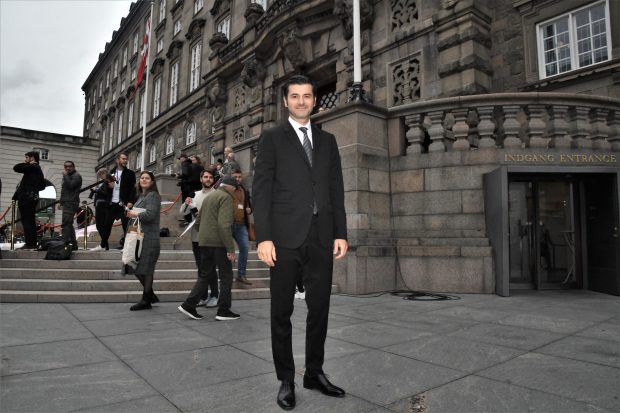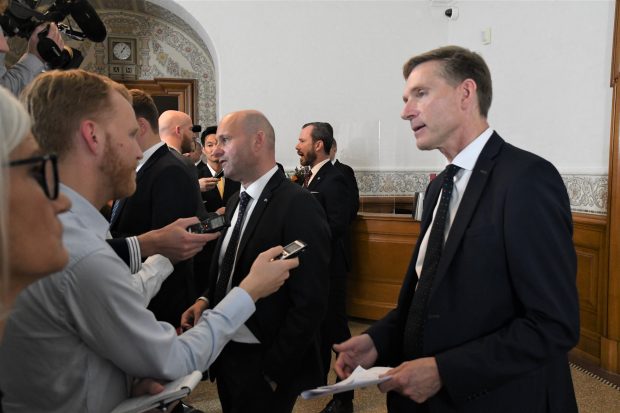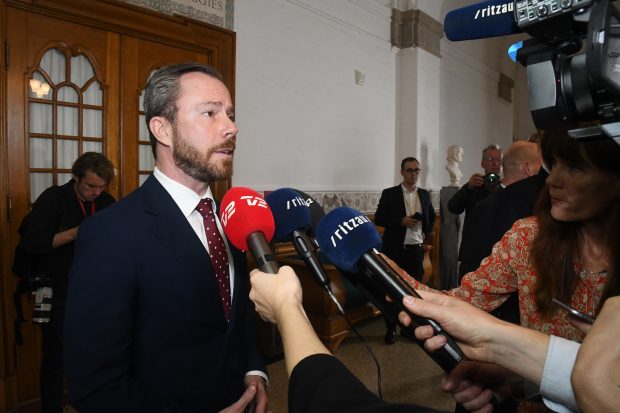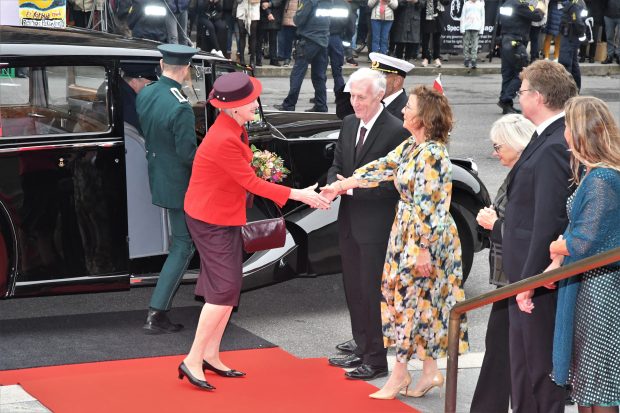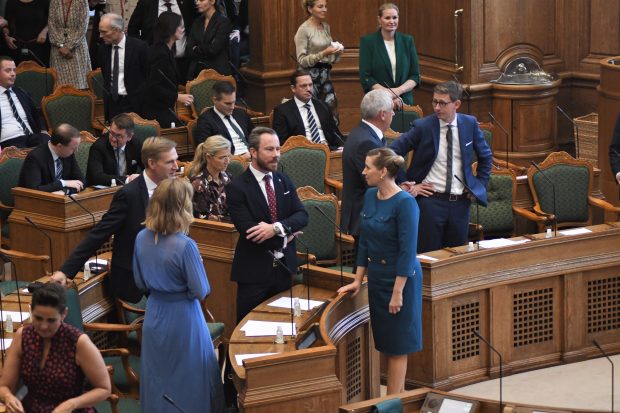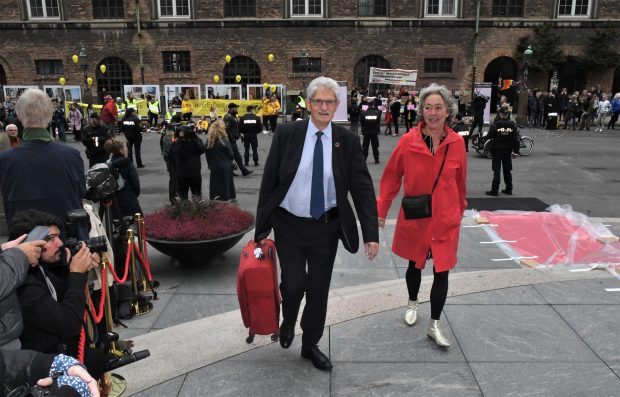As is tradition on the first Tuesday of October, the political establishment and Royal House descended upon Parliament (see photos below) to kickstart the new political year.
And as is also woven deeply into the fabric of heritage, Mette Frederiksen gave her PM’s speech to shed light on the government’s ambitions in the foreseeable future – a greener future.
The PM underlined that continuing the status quo was no longer an option. And Denmark was burdened with leading the way.
“We are in the process of ruining our own earth. Denmark is a small nation with many opportunities and a great responsibility,” she said.
“A responsibility for making the transition to show the countries that emit most greenhouse gases how it’s done, and thereby impact the entire world.”
Frederiksen referred to her imminent trip to India, where the green agenda will be a key element in bilateral discussions between the two countries.
READ ALSO: Denmark are the optimists of Europe
More affordable housing and rethinking education
The PM also hailed Denmark’s handling of the COVID-19 crisis, pointing out that unemployment is lower and production is higher than before it started.
But for Denmark’s economy to continue blooming, she maintained, more people must be educated and the government wants to invest 2.5 billion extra kroner annually to give the educational sector a lift and reinvent itself in the process.
For instance, she said, perhaps electrician and engineering courses could be merged. Or carpentry and architecture.
Because, despite growth expected to be at its highest in 15 years and employment going through the roof, there is a shortage of labour in certain sectors.
There is also a shortage of affordable housing, particularly in Copenhagen, and Frederiksen revealed a new housing proposal that seeks to triple the amount of new affordable housing in the capital and other cities.
The PM also underscored the need for a new welfare law and a commission for women’s rights – at home and abroad.
“Our fantastic country can do more!” concluded Frederiksen.

